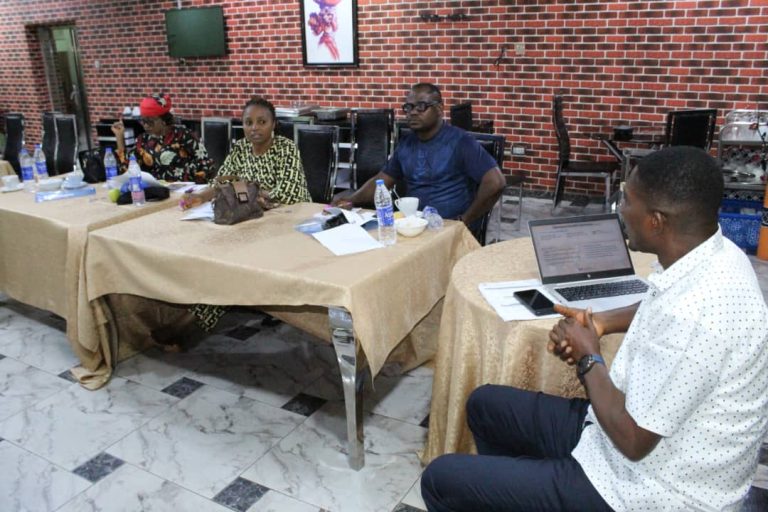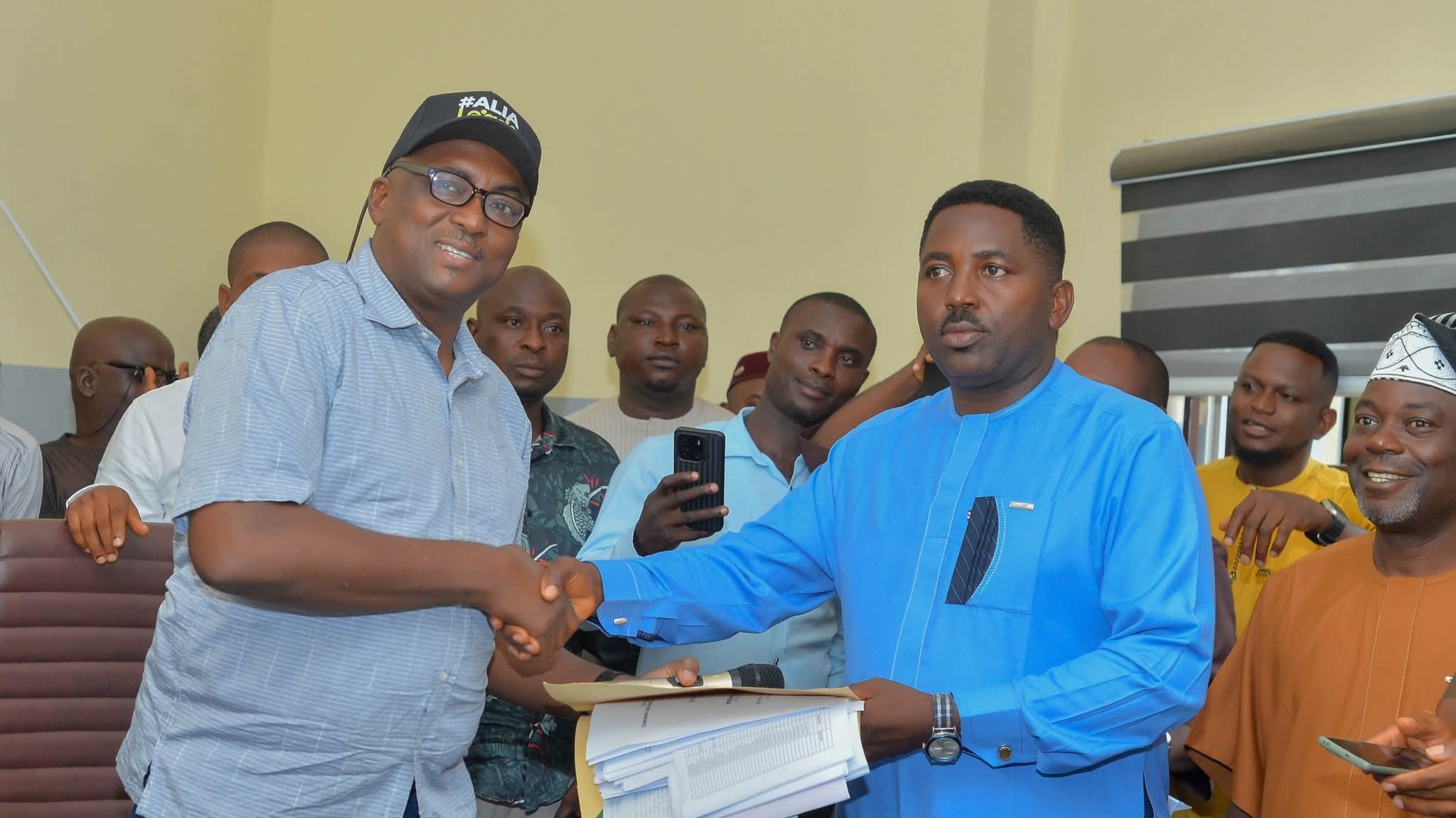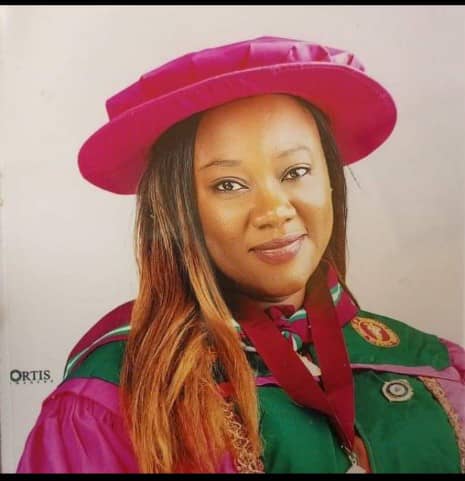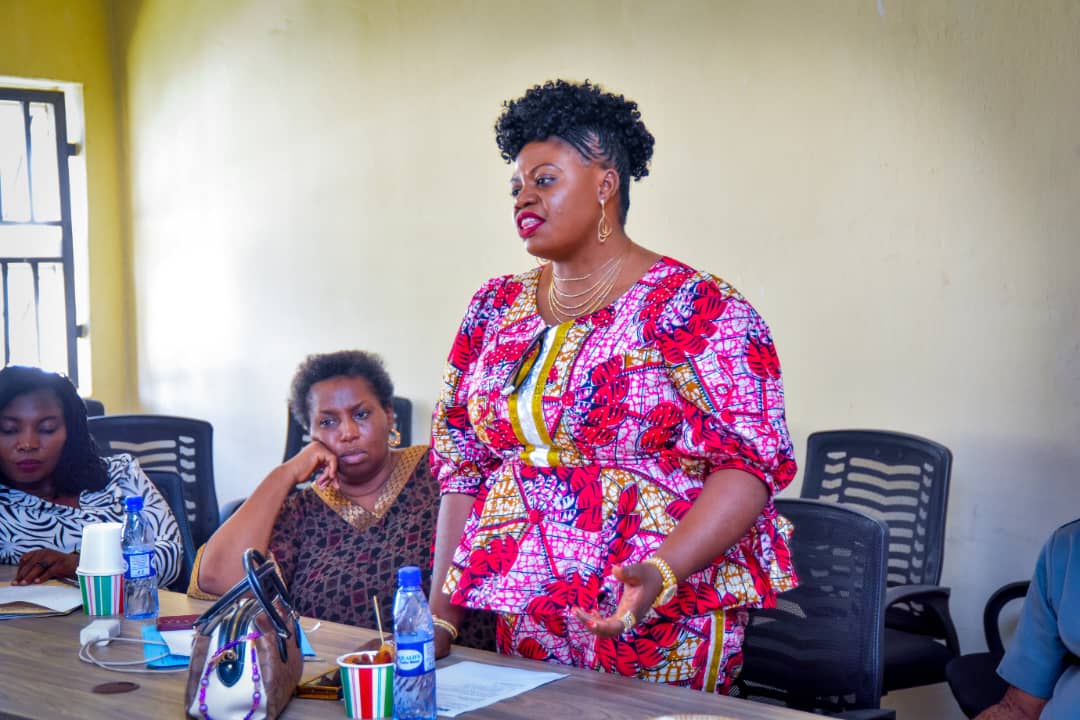Rotary has supported journalists in Nasarawa State to report Reproductive, Maternal, and Child Health (RMNCH) stories towards driving change in the state.
The two-day journalists’ workshop is part of Rotary’s RMNCH and Together for Families in Nigeria programmes, being implemented in Nasarawa, Gombe, Ekiti, and the Federal Capital Territory (FCT), Abuja.
It is also aimed at equipping media professionals with the skills and knowledge needed to effectively report on RMNCH issues, leveraging digital technology and solutions journalism to drive change.
Speaking during the training, Mr Kalu Idika, Lead Facilitator, called on journalists to drive change in the health sector through Solutions-Focused RMNCH stories.
Idika said the aim of the training was to ensure that issues concerning humanity are highlighted and prioritised in reporting, thereby changing the behaviors of health seekers and policymakers.
“We intend to have a change in the media reporting landscape to see a situation whereby reporters write their stories with the aim of ensuring they bring solutions to problems and not be problem-focused in their reportage.
“We want to see a situation whereby journalists change the narratives in health outcomes in respect to issues around reproductive health, maternal and child health care,” he said.
Similarly, Esther Yonah, another facilitator at the training, highlighted the importance of RMNCH reporting in Nigeria’s economic growth and development.
Yonah said that, “every 1% reduction in maternal mortality correlates with a 0.23% increase in the Gross Domestic Product (GDP) per capita.”
She added that healthy mothers and children are fundamental to a sustainable workforce, making RMNCH a critical aspect of achieving Sustainable Development Goals (SDG) 3, which focuses on good health and well-being.
The facilitator also highlighted the stark disparities in RMNCH outcomes between urban and rural areas and across socio-economic groups.
“In Northern Nigeria, maternal mortality is three times higher than in the southern region,” she noted, emphasising the need for journalism to illuminate these gaps.
Yonah stressed that solutions-focused reporting can create accountability, shape public opinion, and drive policy reforms.
The Rotary State Midwife, Esther Anzaku, said Rotary targets a 25% reduction in maternal mortality and neonatal deaths.
Anzaku said the training of journalists was part of the initiative to help spread the news about its efforts to reduce maternal and neonatal deaths.
She explained that the organisation was supporting healthcare workers in Lafia, Keffi, and Akwanga on how to care for women during labour and delivery, as well as how to care for children during immunisation.
“The organisation is also providing healthcare facilities with drugs, equipment, and other essential supplies to help reduce maternal and neonatal deaths,” she said.
Some of the participants, Jobs Olaniyi, a journalist at Maloney FM Keffi, and Esther Enna, a reporter at Precious FM Lafia, expressed excitement about the new approach to journalism.
They promised to use solutions journalism as a powerful tool for driving change and promoting better health outcomes for mothers and children in the state and country at large.
The training was attended by selected journalists from television, radio, and print media.







